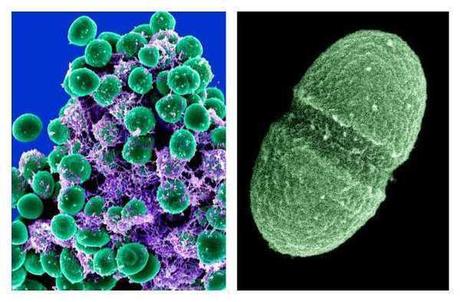 Score one for man’s best friend. For folks who start to sneeze and wheeze as soon as they enter a dog owner’s home, new research may come as a surprise: Dust from households with dogs may help protect against an asthma-related respiratory infection, according to results presented Tuesday at this year’s General Meeting of the American Society for Microbiology.
Score one for man’s best friend. For folks who start to sneeze and wheeze as soon as they enter a dog owner’s home, new research may come as a surprise: Dust from households with dogs may help protect against an asthma-related respiratory infection, according to results presented Tuesday at this year’s General Meeting of the American Society for Microbiology.
Previous research has pointed to the idea that sharing space with cats and dogs could actually be beneficial to the immune system. And lead author Kei Fujimura, a researcher at UC San Francisco, showed in earlier work that such pet-friendly homes actually have microbiomes — in this case, bacterial communities — that are actually far more diverse than human-only households. Some of the bugs brought in could very well be helpful bacteria, like the ones that help you digest food in your gut.
To further study this effect, the researchers examined the link between house dust and respiratory syncytial virus, or RSV, an infection that’s common in infants and is thought to raise the risk of developing childhood asthma. They fed mice house dust from homes with dogs and then exposed them to RSV, then compared those mice to two groups: mice that were infected with RSV without being exposed to the doggy dust and (as a control group) mice that weren’t infected with the virus at all.
The researchers found that those mice fed the dust from homes with dogs didn’t exhibit RSV-related symptoms, including inflammation and mucus. And the composition of their gut bacteria was significantly different from the mice that weren’t exposed to the dog-affected dust at all.
The goal, the researchers say, would be to identify which of those microbes could be responsible for defending against the infection. “Such information could lead to development of microbial-based therapies to protect against this infectious agent and, putatively, reduce the risk of childhood asthma development,” they write.
It’s a task that may be made easier with the unveiling of the Human Microbiome Project, which The Times’ Rosie Mestel reported on earlier this week.
